Swimming pools are the perfect arenas for fun, relaxation, and exercise, attracting families and friends of all ages. However, these tranquil waters also pose significant risks, especially to young children. As a pool owner, ensuring the safety of your immediate and extended community is your responsibility. This extensive guide to pool safety is designed to teach you the essential measures to create a secure swimming environment. Whether you're an avid swimmer or a new parent, these pool safety guidelines are paramount for a worry-free and enjoyable pool experience.
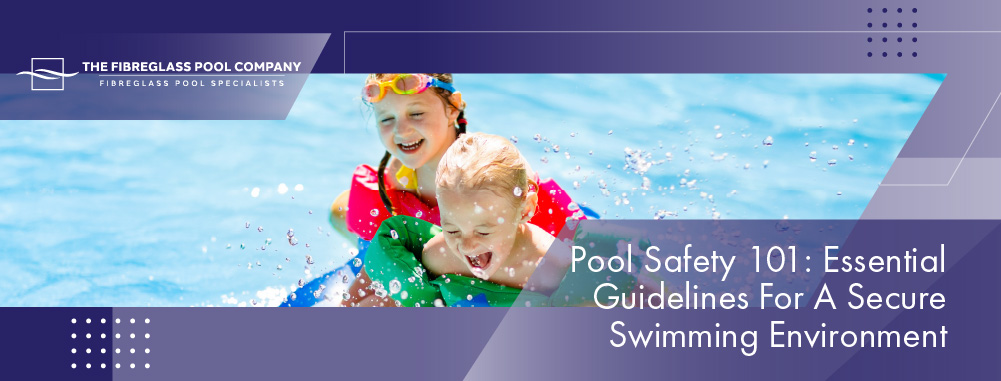
The Importance of Pool Safety
The bliss of having a pool is often coupled with the anxiety of potential hazards. Every year, thousands of incidents occur in and around pools, making safety a shared priority. For pool owners, compliance with safety standards can prevent both legal issues and, most importantly, tragic accidents. Parents, on the other hand, need to instil good water-related practices and a healthy respect for water from a young age.
Pool safety is not just about preventing drowning; it also concerns the prevention of slip, trip, and fall accidents, water-borne illnesses, and incidents related to faulty equipment. By understanding and implementing pool safety strategies, you can transform your pool into a source of joy and health without the shadow of preventable accidents.
The Legal Angle
In many jurisdictions, pool owners are legally required to maintain certain safety features, such as fences and covers. Understanding and adhering to local pool safety laws is the foundation of a secure swimming environment that shields both you and your guests from potential liability.
Pool Safety Equipment
Investing in the right pool safety equipment enhances your ability to prevent accidents before they occur.
Fences and Gates
The presence of a secure pool fence is often the first line of defence. Fences should be at least four feet high, self-closing, and self-latching with the latch out of reach of children. Regular inspection is key; even the sturdiest fence can develop vulnerabilities over time.
Alarms
Pool alarms can alert you to breaches in pool safety, such as gate openings or sudden movements in the water. There are several types available, from surface-wave sensors to wearable alarms designed specifically for children.
Covers
A sturdy pool cover can prevent unauthorised access to the pool when it is not in use. Automatic and manual covers are both effective, but it’s crucial to ensure they are in good working order and can support the weight of a person in the event of accidental entry.
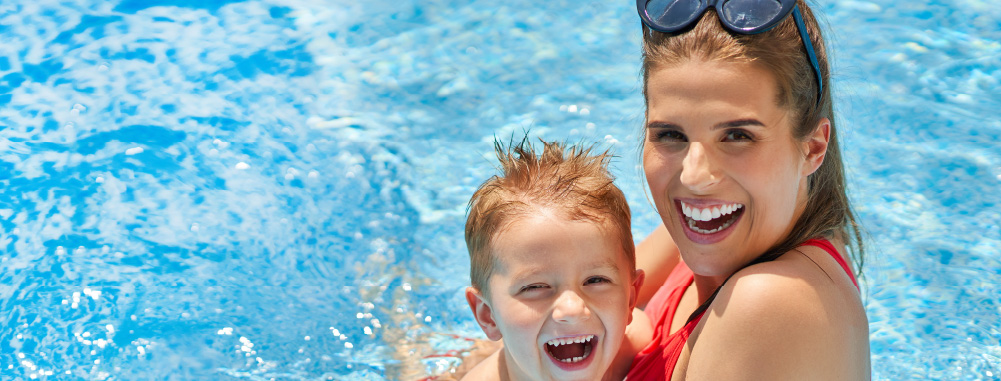
Rescue Equipment
Having a lifebuoy, a reaching pole, and a first-aid kit near the pool can be pivotal in a water rescue situation. These items should be in excellent condition and easily accessible.
Water Safety Rules
Establishing clear water safety rules and ensuring they are diligently adhered to is crucial in preventing accidents and promoting a safe aquatic environment. Whether it’s at a pool, beach, or any water body, having well-communicated guidelines can significantly reduce the risk of mishaps and ensure everyone can enjoy water activities with peace of mind.
Supervision
Never underestimate the importance of active adult supervision. Designate a “water watcher” whenever the pool is in use, a person whose sole responsibility is to monitor the water and ensure no one is in distress.
Swimming Lessons
Enrolling children and inexperienced swimmers in swimming lessons can significantly reduce the risk of drowning. Lessons should be age-appropriate and cover basic water skills and safety rules.
Diving Safety
Diving in shallow water can result in severe injury or even death. It is essential to communicate and enforce rules about diving only in the deep end and after confirming the area is clear.
Pool Maintenance
A clean and well-maintained pool is not only more enjoyable but also safer for all users. Regular maintenance such as checking the chlorine levels, cleaning the filters, and skimming the surface for debris can help ensure a hygienic and welcoming swimming environment for everyone to enjoy.
Water Quality
Regular testing and maintenance of pool water quality are crucial to preventing illness and maintaining clarity. Balancing the pH, chlorine levels, and regularly shocking the pool are standard practices.
Cleaning
Scrubbing the pool walls, skimming the surface, and vacuuming the pool bottom keep the water clear and free from hazards. Skipped maintenance can lead to slippery surfaces and compromised visibility under the water.
Regular Inspections
Keep an eye on the structural integrity of the pool, equipment, and safety features. Address any issues promptly to maintain a secure environment.
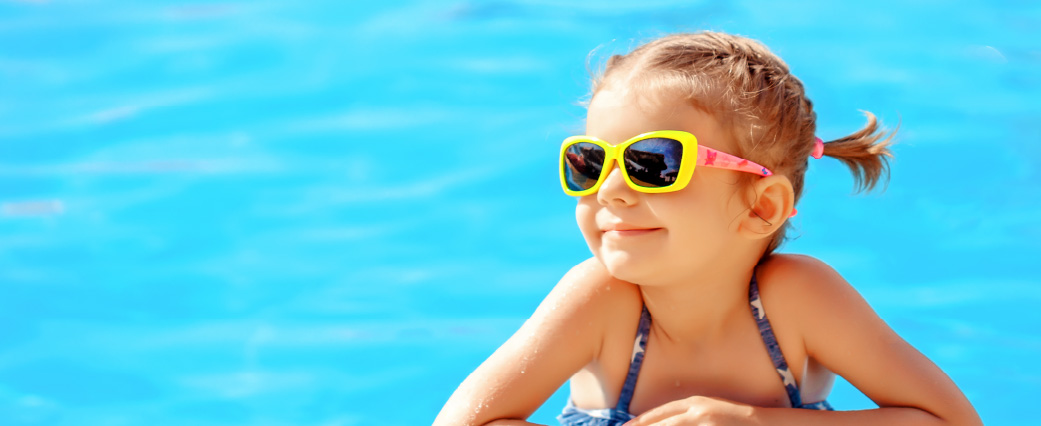
Emergency Preparedness
Being prepared for emergencies can truly be the defining factor between life and death when faced with an unexpected incident. Having the necessary knowledge, resources, and a well-thought-out plan in place can significantly increase the chances of ensuring safety and minimising risks during critical situations.
CPR Training
Knowledge of CPR and first aid is indispensable for pool owners and frequent swimmers alike. These skills are simple to learn and can save lives.
First-Aid Kits
A well-stocked first-aid kit should be close at hand. Regularly check the contents and ensure all items are in good condition and ready for use.
Emergency Contacts
Post emergency contact information, including the nearest hospital and poison control, in a visible location. Programming these numbers into your phone is also advisable.
Ensuring pool safety is a multifaceted commitment. From the installation of proper safety equipment to meticulous supervision and emergency preparedness, every effort contributes to a pool environment that’s secure and inviting. Remember, it’s not just about ticking legal boxes; it’s about fostering a culture of safety that extends to all who enjoy the water.
For those considering a pool installation, The Fibreglass Pool Company offers cutting-edge, durable pool designs that integrate safety features seamlessly. Our pools adhere to the highest safety standards, while providing you with the luxurious and refreshing outdoor environment you desire. Visit our website to explore our range of options and take the first step toward a secure and stunning pool addition to your home.
Incorporating these guidelines into your pool routine will give you peace of mind and ensure that every dip in the pool is about enjoyment, not potential hazards. Your dedication to pool safety sets a powerful example for your community and helps guarantee that the oasis in your backyard remains the place where wonderful memories are made, safely and with joy.
Swimming pools are the perfect arenas for fun, relaxation, and exercise, attracting families and friends of all ages. However, these tranquil waters also pose significant risks, especially to young children. As a pool owner, ensuring the safety of your immediate and extended community is your responsibility. This extensive guide to pool safety is designed to teach you the essential measures to create a secure swimming environment. Whether you're an avid swimmer or a new parent, these pool safety guidelines are paramount for a worry-free and enjoyable pool experience.
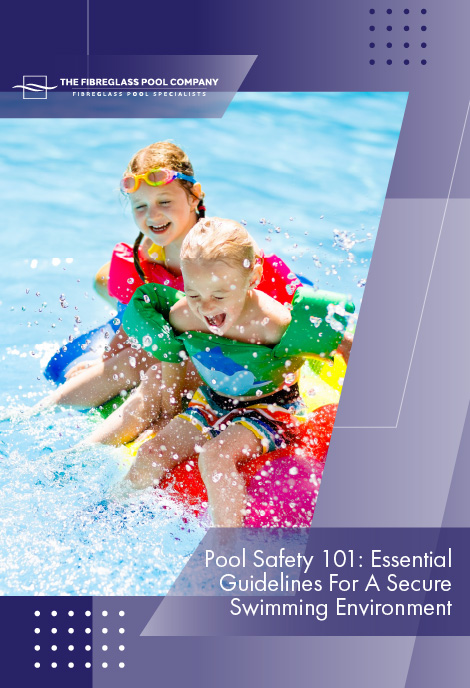
The Importance of Pool Safety
The bliss of having a pool is often coupled with the anxiety of potential hazards. Every year, thousands of incidents occur in and around pools, making safety a shared priority. For pool owners, compliance with safety standards can prevent both legal issues and, most importantly, tragic accidents. Parents, on the other hand, need to instil good water-related practices and a healthy respect for water from a young age.
Pool safety is not just about preventing drowning; it also concerns the prevention of slip, trip, and fall accidents, water-borne illnesses, and incidents related to faulty equipment. By understanding and implementing pool safety strategies, you can transform your pool into a source of joy and health without the shadow of preventable accidents.
The Legal Angle
In many jurisdictions, pool owners are legally required to maintain certain safety features, such as fences and covers. Understanding and adhering to local pool safety laws is the foundation of a secure swimming environment that shields both you and your guests from potential liability.
Pool Safety Equipment
Investing in the right pool safety equipment enhances your ability to prevent accidents before they occur.
Fences and Gates
The presence of a secure pool fence is often the first line of defence. Fences should be at least four feet high, self-closing, and self-latching with the latch out of reach of children. Regular inspection is key; even the sturdiest fence can develop vulnerabilities over time.
Alarms
Pool alarms can alert you to breaches in pool safety, such as gate openings or sudden movements in the water. There are several types available, from surface-wave sensors to wearable alarms designed specifically for children.
Covers
A sturdy pool cover can prevent unauthorised access to the pool when it is not in use. Automatic and manual covers are both effective, but it’s crucial to ensure they are in good working order and can support the weight of a person in the event of accidental entry.
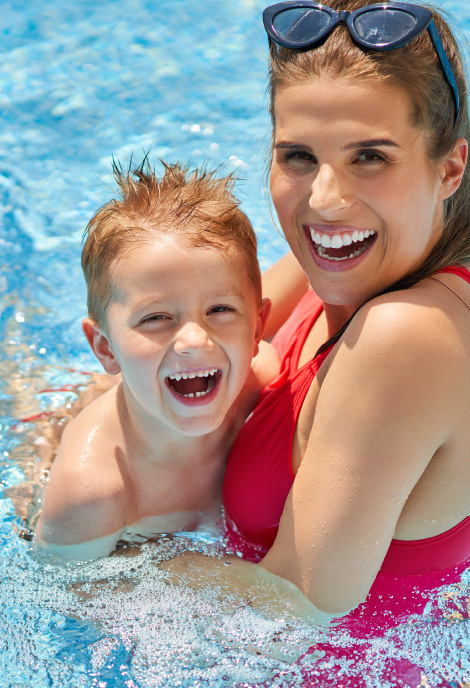
Rescue Equipment
Having a lifebuoy, a reaching pole, and a first-aid kit near the pool can be pivotal in a water rescue situation. These items should be in excellent condition and easily accessible.
Water Safety Rules
Establishing clear water safety rules and ensuring they are diligently adhered to is crucial in preventing accidents and promoting a safe aquatic environment. Whether it’s at a pool, beach, or any water body, having well-communicated guidelines can significantly reduce the risk of mishaps and ensure everyone can enjoy water activities with peace of mind.
Supervision
Never underestimate the importance of active adult supervision. Designate a “water watcher” whenever the pool is in use, a person whose sole responsibility is to monitor the water and ensure no one is in distress.
Swimming Lessons
Enrolling children and inexperienced swimmers in swimming lessons can significantly reduce the risk of drowning. Lessons should be age-appropriate and cover basic water skills and safety rules.
Diving Safety
Diving in shallow water can result in severe injury or even death. It is essential to communicate and enforce rules about diving only in the deep end and after confirming the area is clear.
Pool Maintenance
A clean and well-maintained pool is not only more enjoyable but also safer for all users. Regular maintenance such as checking the chlorine levels, cleaning the filters, and skimming the surface for debris can help ensure a hygienic and welcoming swimming environment for everyone to enjoy.
Water Quality
Regular testing and maintenance of pool water quality are crucial to preventing illness and maintaining clarity. Balancing the pH, chlorine levels, and regularly shocking the pool are standard practices.
Cleaning
Scrubbing the pool walls, skimming the surface, and vacuuming the pool bottom keep the water clear and free from hazards. Skipped maintenance can lead to slippery surfaces and compromised visibility under the water.
Regular Inspections
Keep an eye on the structural integrity of the pool, equipment, and safety features. Address any issues promptly to maintain a secure environment.
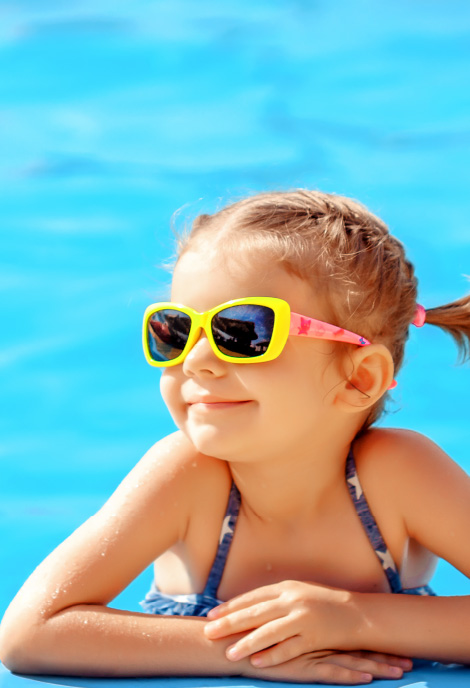
Emergency Preparedness
Being prepared for emergencies can truly be the defining factor between life and death when faced with an unexpected incident. Having the necessary knowledge, resources, and a well-thought-out plan in place can significantly increase the chances of ensuring safety and minimising risks during critical situations.
CPR Training
Knowledge of CPR and first aid is indispensable for pool owners and frequent swimmers alike. These skills are simple to learn and can save lives.
First-Aid Kits
A well-stocked first-aid kit should be close at hand. Regularly check the contents and ensure all items are in good condition and ready for use.
Emergency Contacts
Post emergency contact information, including the nearest hospital and poison control, in a visible location. Programming these numbers into your phone is also advisable.
Ensuring pool safety is a multifaceted commitment. From the installation of proper safety equipment to meticulous supervision and emergency preparedness, every effort contributes to a pool environment that’s secure and inviting. Remember, it’s not just about ticking legal boxes; it’s about fostering a culture of safety that extends to all who enjoy the water.
For those considering a pool installation, The Fibreglass Pool Company offers cutting-edge, durable pool designs that integrate safety features seamlessly. Our pools adhere to the highest safety standards, while providing you with the luxurious and refreshing outdoor environment you desire. Visit our website to explore our range of options and take the first step toward a secure and stunning pool addition to your home.
Incorporating these guidelines into your pool routine will give you peace of mind and ensure that every dip in the pool is about enjoyment, not potential hazards. Your dedication to pool safety sets a powerful example for your community and helps guarantee that the oasis in your backyard remains the place where wonderful memories are made, safely and with joy.


